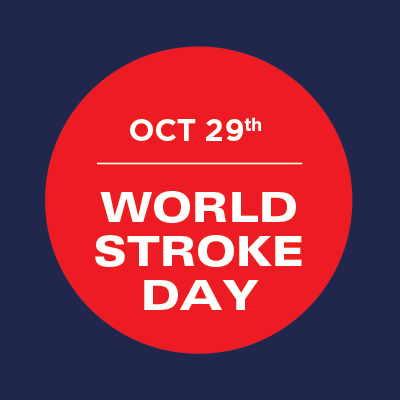
A stroke is a condition where the blood supply to the brain is interrupted leading to the death of a portion of the brain tissue.
It is one of the major and most serious cardiovascular conditions to affect the elderly along with a heart attack. Indeed many of the risk factors and causes of a stroke are the same as coronary artery disease (CAD) which affects the heart.
Exercise
Exercise contributes to losing weight and lowering blood pressure, but it also stands on its own as an independent stroke reducer. Exercise is medicine, and regular exercise can help you prevent stroke.
Weight Loss
Obesity, as well as the complications linked to it (including high blood pressure and diabetes), raises your odds of having a stroke.
If you’re overweight, even losing 10 pounds can have a substantial impact on your stroke risk.
Optimal Sleep
If you want to reduce your risk of stroke, getting the optimal amount of sleep regularly is important.
Researchers at the University of Alabama found a strong link between getting less than six hours of sleep and a greater incidence of stroke symptoms for people over 45.
Vitamin D
Low levels of vitamin D increase your risk of risk. According to one study, low levels of vitamin D doubles the risk of stroke in Caucasians.
You can increase your vitamin D levels with exposure to sun, supplementation, or by eating vitamin D-fortified foods.

